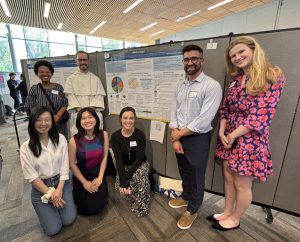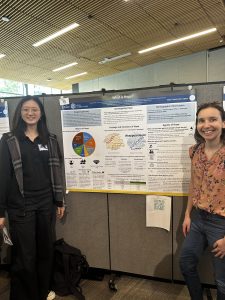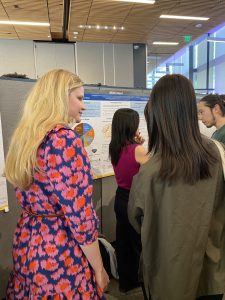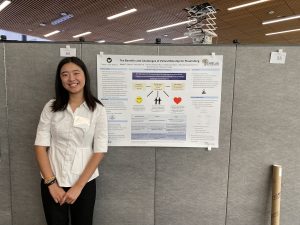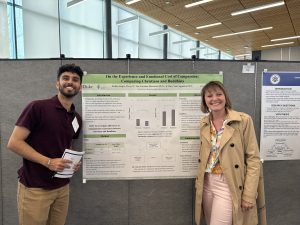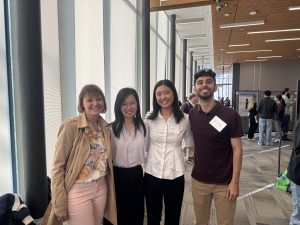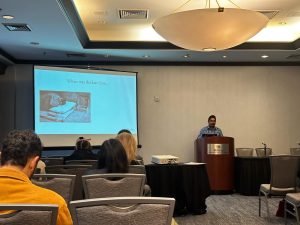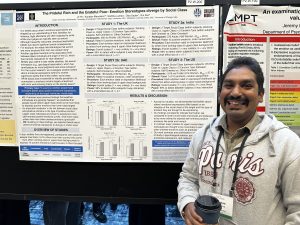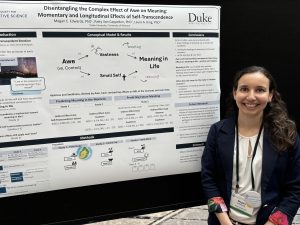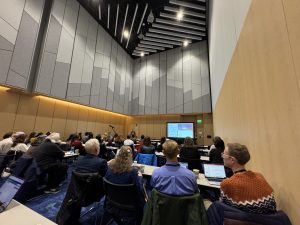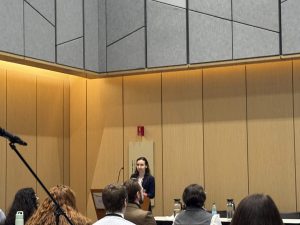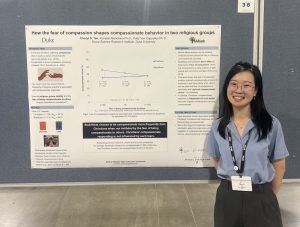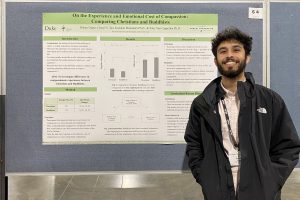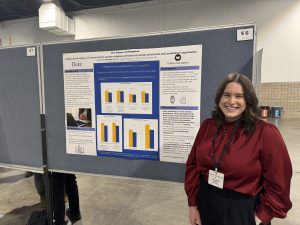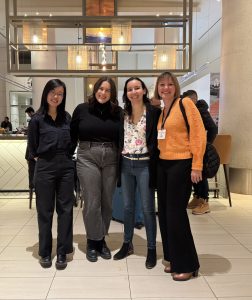We’re happy to announce a new publication from the lab on the embodiment of prayer postures in three world religions!
Van Cappellen, P., Edwards, M.E., Kamble, S.V., Yildiz, M., Ladd, K.L. (2024). Kneel, stand, prostrate: The psychology of prayer postures in three world religions. PLoS ONE, 19(8): e0306924. https://doi.org/10.1371/journal.pone.0306924
Background:
Most people practice a religion, often multiple times daily. Among the most visible aspects of these practices are body postures, which according to embodiment theories, likely shape the psychological experience of religion.
Objective:
In a preregistered study, we test this idea among Christians, Muslims, and Hindus in the United States, Turkey, and India (N = 2,458).
Method:
In a repeated-measures experimental design, participants imagined praying in various typical postures, then reported their affective experiences, perceived relationship with deity, and prayer content for each posture.
Results & Conclusion:
Compared to downward and constrictive postures, expansive and upward postures led to more positive emotions, dominance, and praise-focused prayers, yet fewer introspective or intercessory prayers. Interestingly, these effects varied based on religious context (e.g., many Hindus found upward and expansive postures offensive, causing no positive affect). We further explored whether these effects varied based on posture familiarity, religiosity, interoceptive sensibility, and personality traits. This research provides unique data on embodied processes shaping affect and cognition in religious practices.


